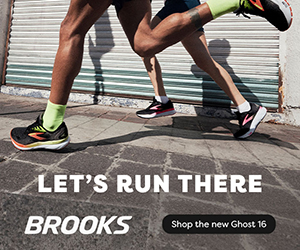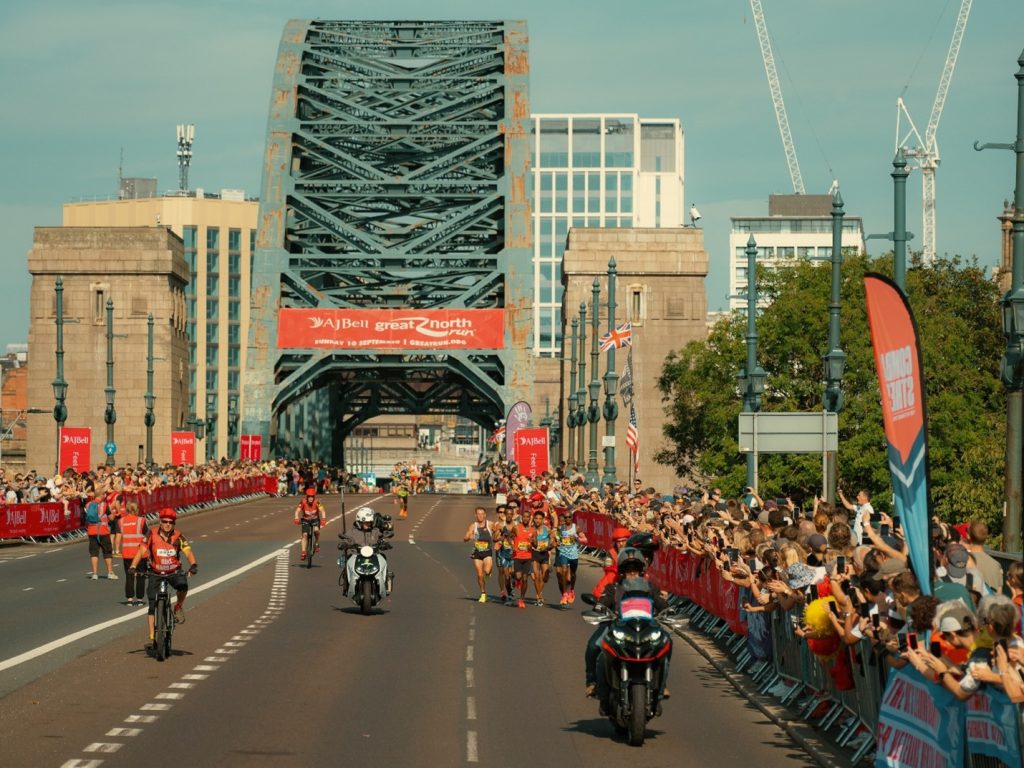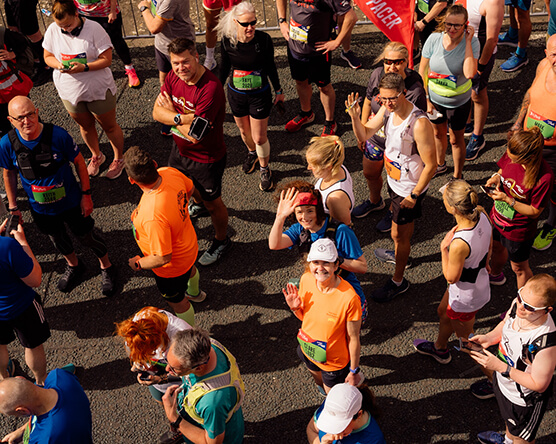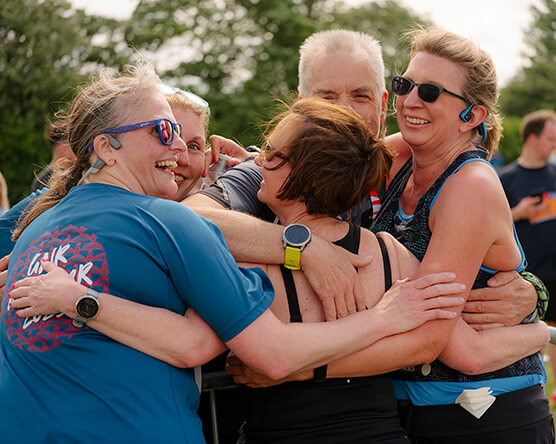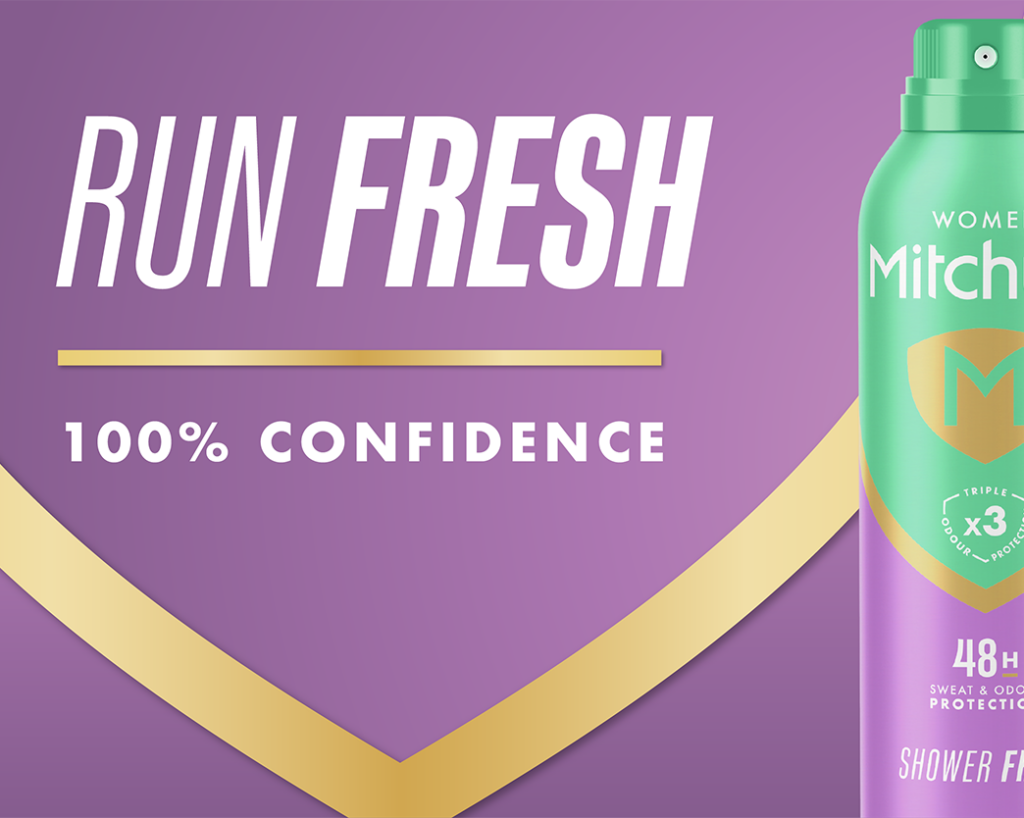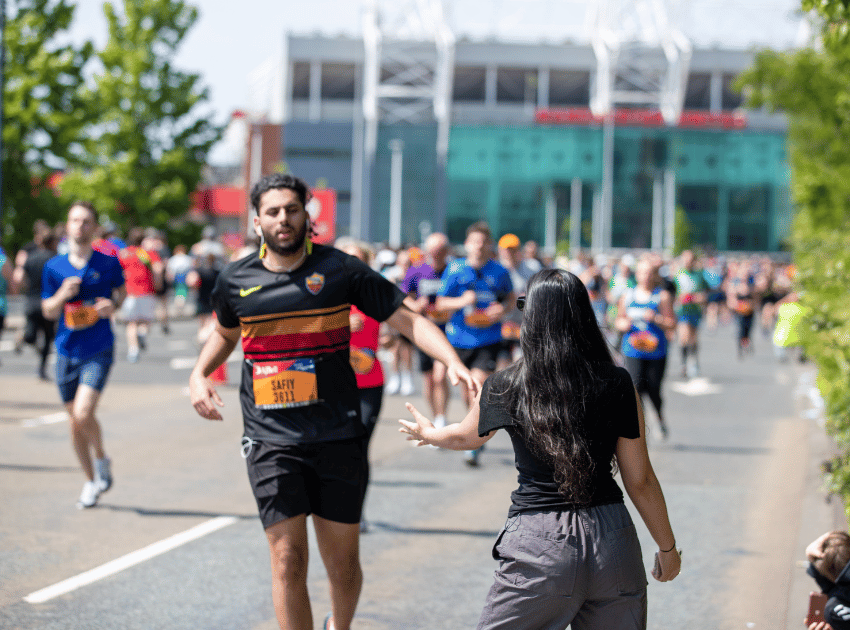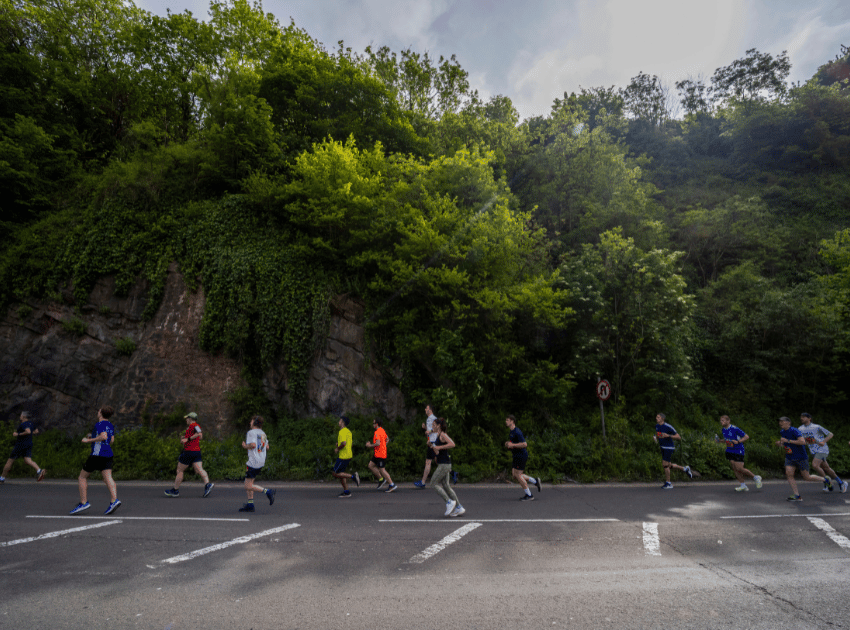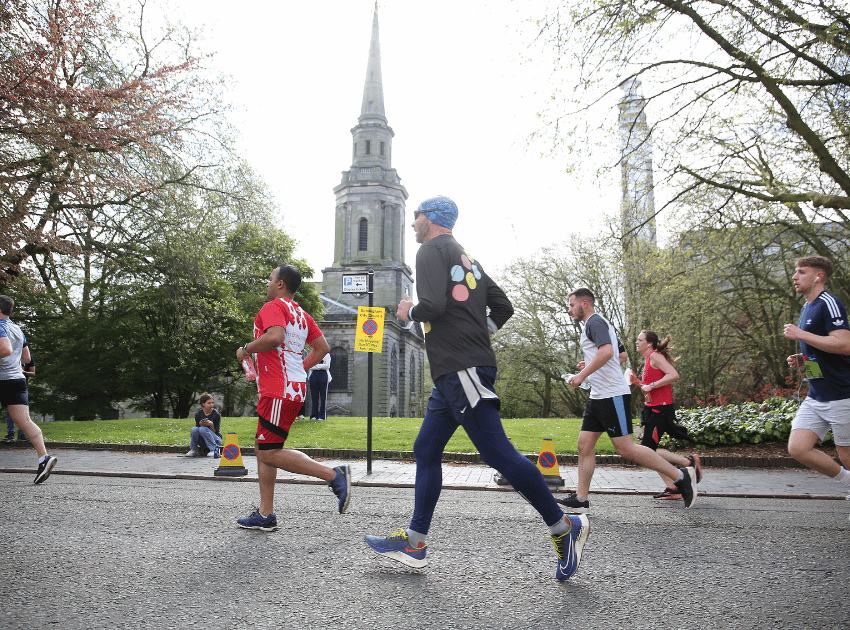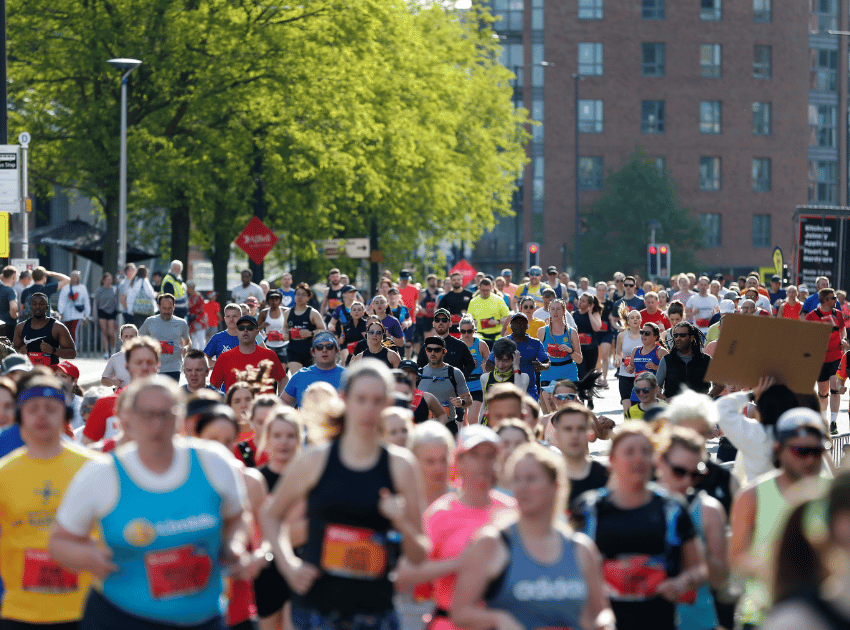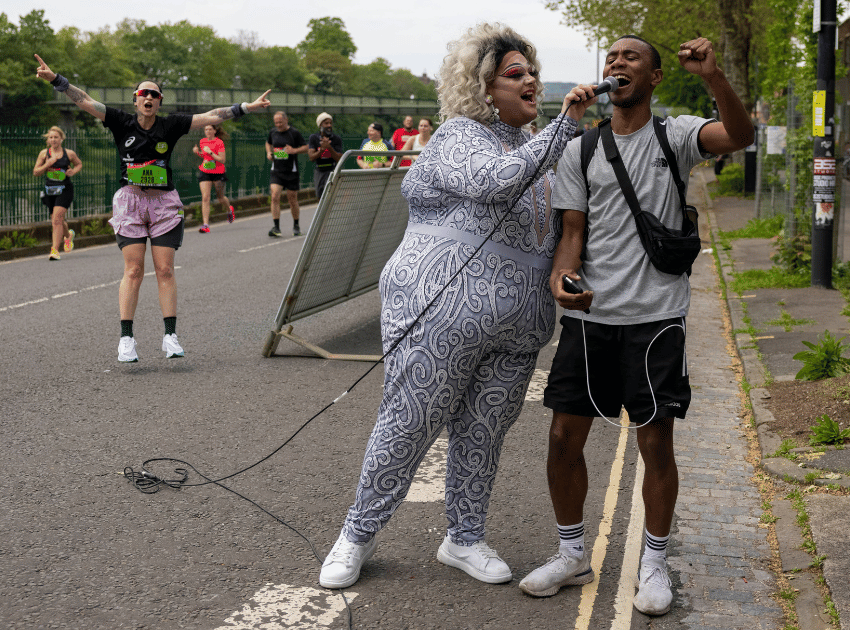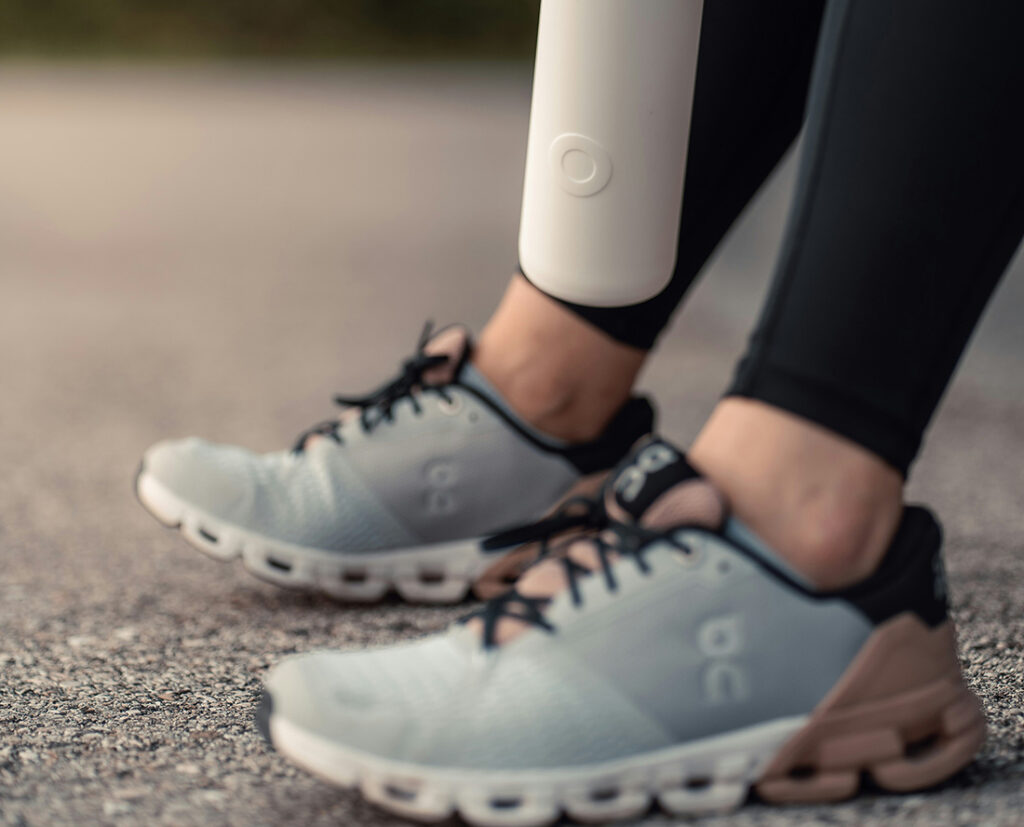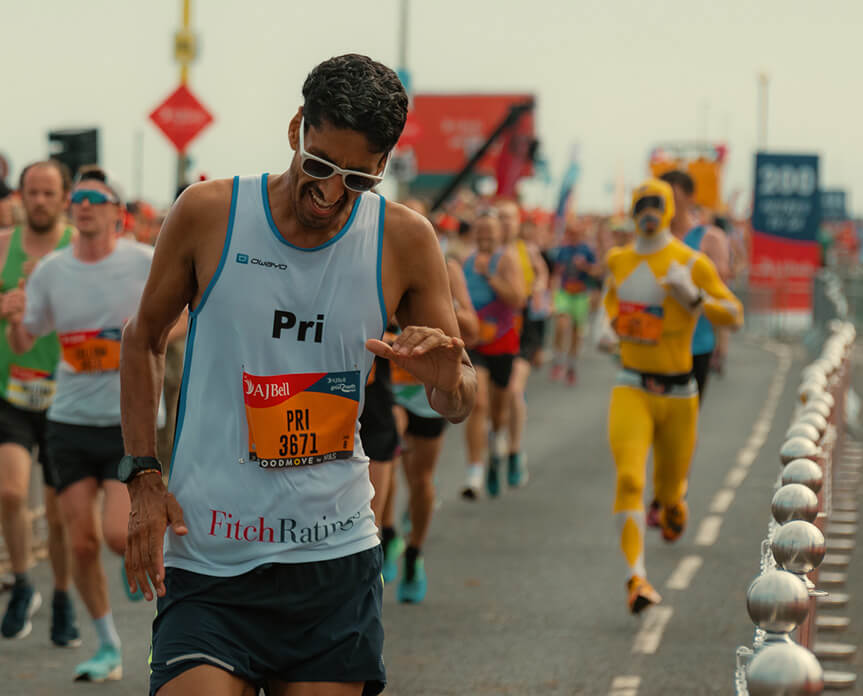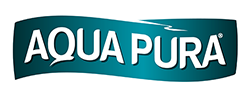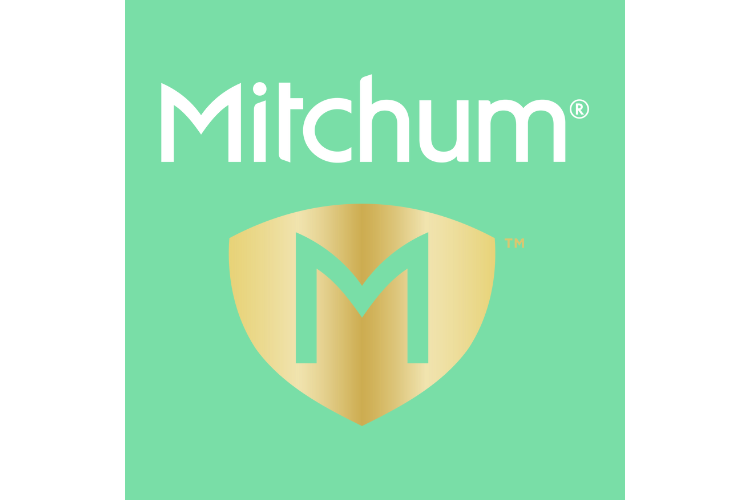The Official Wellness Partner of AJ Bell Great Run Series, Solgar combines the best of science and nature to create the finest nutritional supplements using only the best, responsibly-sourced raw ingredients. With a commitment to quality, health and wellbeing that goes beyond 75 years, each Solgar product is designed around what your body needs – not what’s trending.
Ian Marber is one of the most experienced and well-regarded nutrition therapists in the UK. He is a best-selling author, award winning health writer and consultant and is known for his practical and balanced approach. He now also works as an ambassador and advisor to Solgar.
With 30+ years of industry experience, Paul Chamberlain leads the Nestlé Health Science category development & product training team across a range of supplement brands, including Solgar. With an MSc in Sport and Exercise Nutrition, Paul has a passion for helping people achieve their health and wellness goals as well as being a keen runner who enjoys applying sports nutrition principles to his own training and racing.
When we think about nutrients, electrolytes aren’t the first ones that come to mind. These particles, or electrolytes, are minerals that have a weak electrical charge when dissolved in water or water-based liquids, such as blood and other bodily fluids.
As such, they have a multitude of roles in our health, including facilitating the transmission of electrical impulses and maintaining fluid balance, both of which are especially relevant to endurance sports such as running.
Electrolyte minerals include calcium, chloride, magnesium, potassium and sodium, all of which are found in the food we eat.
Sodium
Sodium, which most of us think of in terms of the salt that we add to food (in moderation, of course), is responsible for regulating water balance and thus blood pressure. It also aids in nerve transmission and muscle contraction. Sodium is carefully balanced with potassium, also involved in managing fluid balance as well as supporting proper muscle and nerve function.
As well as table salt, sodium is found in most foods, especially fish, red meat, poultry as well as sea vegetables and dairy.
The normal sweating associated with physical exertion can diminish sodium levels and so I advise clients who train or run to ensure that sodium is in the diet, but not to exceed 6g additional salt a day.
Chloride
Chloride is also lost when we sweat. It’s found in many foods including seaweed, olives, celery and tomatoes.
Potassium
Adequate potassium intake is associated with lower blood pressure which in turn can reduce the risk of heart attacks and strokes. Potassium is found in virtually every vegetable and fruit but is especially rich in bananas, butter beans, sweet potato, spinach, avocado and tomato paste. Potassium is also important for supporting normal muscle function.
Calcium
Calcium is essential for maintaining bones and teeth, but its role extends beyond the skeletal system. Calcium ions are integral to muscle contraction low levels of calcium, along with vitamin D have been associated with increased incidence of cramping. Calcium is also involved in normal energy production.
You can find calcium in dairy, pak choy, kale, broccoli, pulse, nuts and seeds and the recommended intake (the nutrient reference value) is 800mg daily.
Magnesium
Next up is magnesium, found in oats, brown rice, quinoa, pumpkin and sunflower seeds, lentils and dark green leafy vegetables. Magnesium is involved in over 300 biochemical reactions in the body, including energy production and muscle function. I often recommend that clients pay attention to their magnesium intake when they report muscle cramping, especially in the calf muscles, more so if they are regular runners.
I advise them to supplement with magnesium, starting with 100mg or 200mg last thing at night as larger doses can cause loose stools, so it’s important to start modestly before taking larger amounts.
For more information and advice on supplements visit the Solgar Wellness Hub here.


